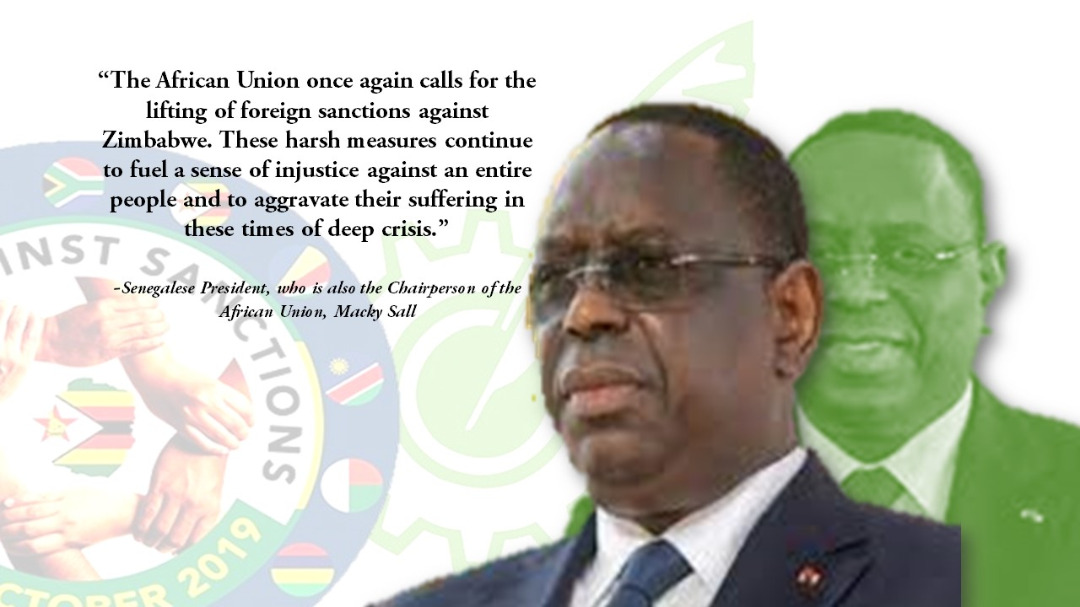 In a significant diplomatic development, the United States has announced the lifting of sanctions on Zimbabwe, marking a pivotal moment in bilateral relations between the two nations. The decision, framed within the context of strategic calculations and geopolitical maneuvers, underscores the complex interplay of interests shaping international diplomacy.
In a significant diplomatic development, the United States has announced the lifting of sanctions on Zimbabwe, marking a pivotal moment in bilateral relations between the two nations. The decision, framed within the context of strategic calculations and geopolitical maneuvers, underscores the complex interplay of interests shaping international diplomacy.
The lifting of sanctions, long imposed on Zimbabwe due to concerns over human rights violations and undemocratic practices, represents a calculated shift in US foreign policy towards the African nation. This decision comes after years of diplomatic engagement and strategic reassessment, signaling a willingness to recalibrate the US-Zimbabwe relationship.
At the heart of this diplomatic maneuver lies a multifaceted calculus, driven by a combination of geopolitical imperatives and regional dynamics. The move is seen as a strategic gambit aimed at fostering closer ties with Zimbabwe while simultaneously advancing broader US interests in the African continent.
To delve deeper into the intricacies of this diplomatic development, experts point to the role of regional dynamics and geopolitical considerations. Zimbabwe occupies a strategic position within the Southern African region, with its geopolitical significance amplified by its natural resources and strategic location. By lifting sanctions, the United States aims to exert influence in a region marked by competing interests and geopolitical rivalries.

Furthermore, the decision to lift sanctions on Zimbabwe reflects a broader shift in US foreign policy towards Africa. As global powers increasingly vie for influence on the continent, the United States seeks to assert its presence and leverage diplomatic overtures to advance its strategic objectives. By engaging with Zimbabwe, the US aims to cultivate partnerships and expand its sphere of influence in a region of growing strategic importance.

Yet, the decision to lift sanctions is not without its critics and detractors. Skeptics raise concerns about the efficacy of the move in promoting democratic reforms and human rights in Zimbabwe. While the lifting of sanctions may pave the way for increased economic engagement and diplomatic dialogue, questions linger about the extent to which it will incentivize meaningful political change in the country.
In light of these complexities, the lifting of sanctions on Zimbabwe represents a delicate balancing act for US policymakers. The decision reflects a calculated approach to diplomacy, driven by a nuanced understanding of regional dynamics and geopolitical imperatives.

To gain further insights into this diplomatic development, one can turn to a recent YouTube video featuring expert analysis and commentary on the strategic calculations behind the US decision to lift sanctions on Zimbabwe. In the video, leading scholars and foreign policy experts offer their perspectives on the implications of this diplomatic maneuver and its potential ramifications for US-Africa relations.
As the geopolitical landscape continues to evolve, the lifting of sanctions on Zimbabwe serves as a reminder of the intricate dynamics shaping international diplomacy. In a world marked by competing interests and strategic calculations, understanding the nuances of diplomatic maneuvering is essential to deciphering the complexities of global politics.


